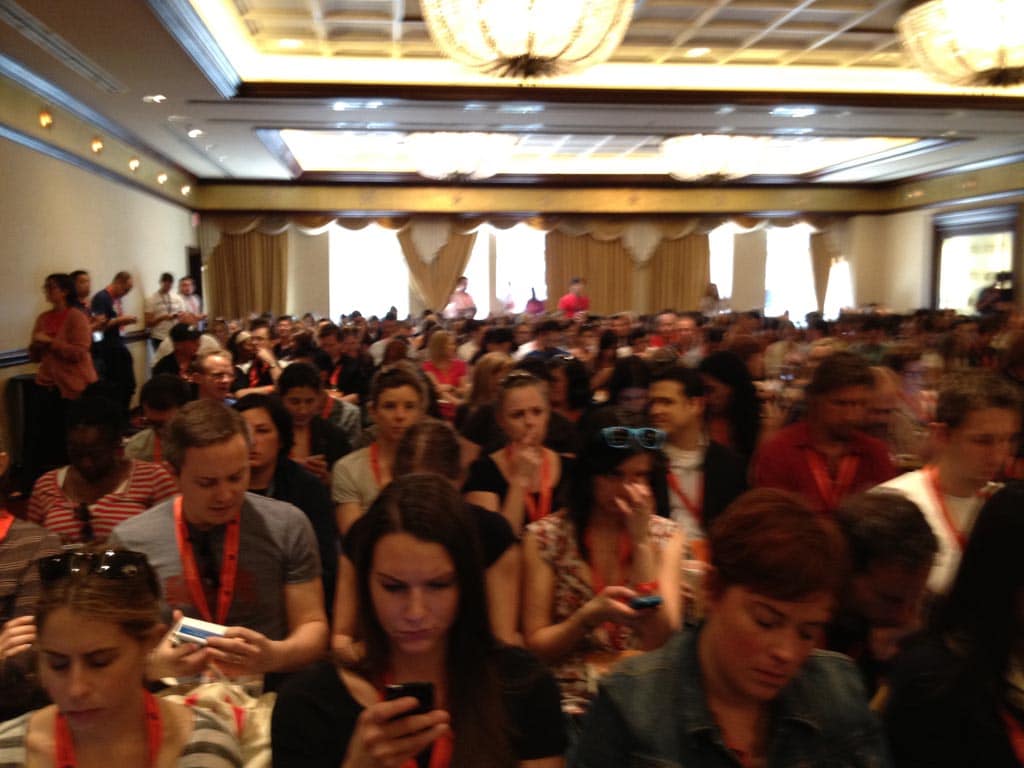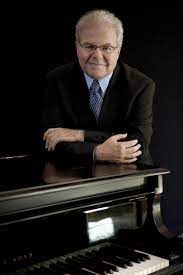What orchestras will come back to…
NewsThis.

The Washington Examiner reports that next Tuesday’s celebration…

The CBSO music director Kazuki Yamada, who last…

A couple of weeks after his 77th birthday,…

The pianist has poublished this letter in the…

Session expired
Please log in again. The login page will open in a new tab. After logging in you can close it and return to this page.
Comments